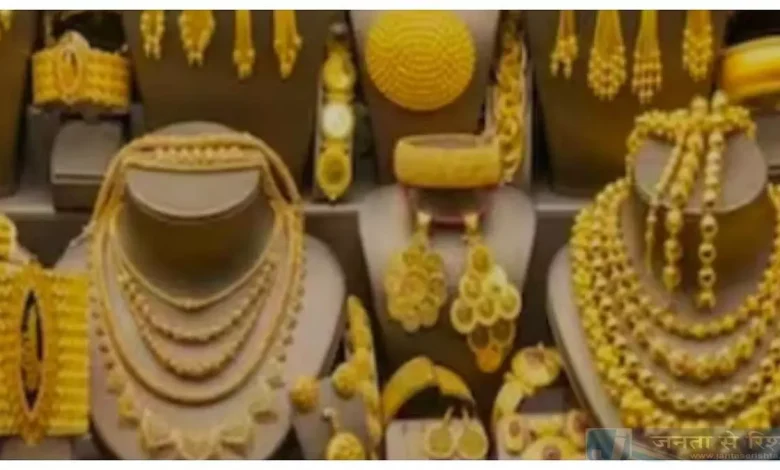Now you can get loan by keeping gold and silver, RBI has given instructions

Business Business : Highlights: -Gold and silver may be accepted as voluntary collateral for agriculture and MSME loans. -The rules apply to all scheduled commercial banks, regional rural banks, cooperative and small finance banks. -RBI wants unified borrower identification to reduce duplication and errors of credit data.
In a major policy change, the Reserve Bank of India (RBI) has allowed all banks to accept gold and silver as collateral for agriculture and MSME (micro, small and medium enterprises) loans, even in cases where the loan qualifies as collateral-free. According to a new circular issued by the central bank, if a borrower voluntarily offers these metals, banks will have to accept them. The RBI clarified that the move does not violate the guidelines for providing collateral-free loans to agriculture and MSME sectors.
It aims to provide borrowers with greater flexibility and access to credit by leveraging their available assets.
Applicable to all types of banks
These new guidelines apply to several types of banking institutions, including:
Scheduled Commercial Banks
Regional Rural Banks (RRBs)
Small Finance Banks
State Cooperative Banks
District Central Cooperative Banks
However, the RBI has mentioned that the collateral-free lending guidelines do not apply to RRBs and cooperative banks – although they too will have to accept voluntary gold/silver offers as collateral.
Focus on improving accuracy of credit data: In another important update, the RBI focused on the ongoing problems in India’s credit reporting system. Speaking at the TransUnion CIBIL Credit Conference, RBI Deputy Governor M. Rajeswara Rao highlighted the urgent need for a unified borrower identifier. He pointed out that the lack of standardized identification systems leads to duplication of data, misreporting, and errors in credit decisions. Currently, Credit Information Companies (CICs) rely heavily on credit institutions for borrower data, which often lacks uniformity.
To address this, RBI is pushing for a secure, verifiable and system-compliant unique borrower ID, which can significantly improve the credit appraisal process and reduce risk for lenders.





